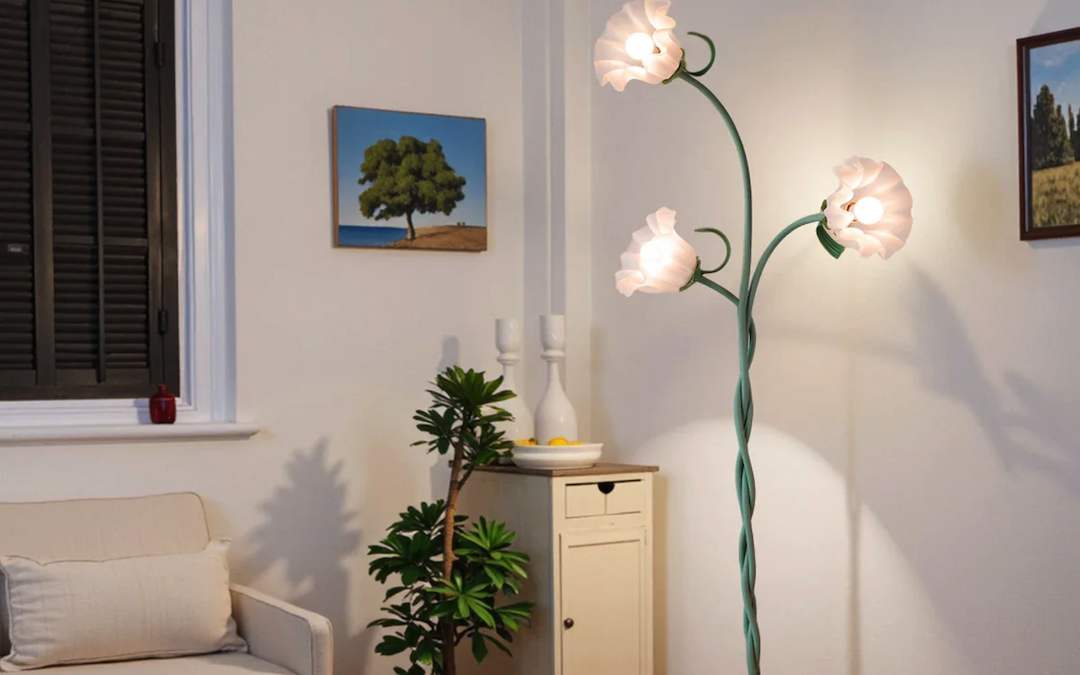How to Install a New Ceiling: A Step-by-Step Guide
Introduction
Installing a new ceiling can be a daunting task for many homeowners, but with the right tools and guidance, it can be a manageable and rewarding project. Whether you want to replace an old ceiling, install a new one in a room addition, or simply want to give your home a fresh look, this guide will provide you with step-by-step instructions on how to install a new ceiling.
Step 1: Plan and Prepare
Before starting your project, you should plan and prepare accordingly. Here are some things to consider:
Measure and Calculate Materials Needed
Measure the length and width of your room to determine the amount of material you will need. Additionally, decide on the type of ceiling tiles you want to use and calculate the number needed. Don’t forget to include extra tiles for cuts and wastage.
Obtain Necessary Tools and Materials
Make a list of all the necessary tools and materials you will need for the project. This will typically include ceiling tiles, adhesive, joint compound, a putty knife, a utility knife, a tape measure, a chalk line, a level, a ladder, and safety glasses.
Clear the Room and Protect Furniture
Remove all furniture from the room or cover them up with plastic sheeting to protect them from dust and debris. Cover the floor with drop cloths or plastic sheeting to avoid damages or stains.
Step 2: Install the Grid
The grid is the foundation of the ceiling and provides support for the ceiling tiles. Here’s how to install the grid:
Locating Ceiling Joists and Marking Lines
Locate the ceiling joists using a stud finder and mark them with a chalk line. Then, mark the center of the room, and use the chalk line to draw two perpendicular lines that intersect at the center point.
Installing the Main Support Channel
Install the main support channel across the room following the chalk lines. Use a level to ensure that it’s level, and secure it to the joists with screws.
Installing Cross Tees
Install the cross tees perpendicular to the main support channel, spaced 2 feet apart, and also level them with a level. Cut the cross tees to size using a utility knife and place them into the slots in the main support channel.
Installing Wall Molding
Install a wall molding around the perimeter of the room, with the bottom edge flush with the main support channel. Use screws or construction adhesive to secure the molding to the wall.
Step 3: Install the Ceiling Tiles
After the grid is installed, you can start adding the ceiling tiles. Here’s how to do it:
Applying Adhesive
Apply adhesive to the back of the first ceiling tile with a putty knife or trowel, and then press it firmly into place. Repeat the process for the remaining tiles.
Cutting and Fitting Tiles
When a tile needs to be cut to fit, measure and mark the tile with a tape measure and make the cut with a utility knife. Use a straight edge or a square to ensure that the cut is straight and even.
Finishing the Joints
After the tiles are in place, use joint compound to fill in the gaps between them. Apply the compound with a putty knife, and then smooth it out with a damp sponge. Allow the compound to dry completely before sanding it smooth.
Conclusion
Installing a new ceiling can be a challenging task, but with the right tools and guidance, it’s a project that any homeowner can tackle. Following the steps outlined in this guide will help ensure that your new ceiling looks great and lasts for years to come. Remember to take your time, ensure that everything is level, and to follow all safety precautions, such as wearing safety glasses and using a stable ladder. With these tips, you’ll enjoy a bright and brand-new ceiling in no time.


